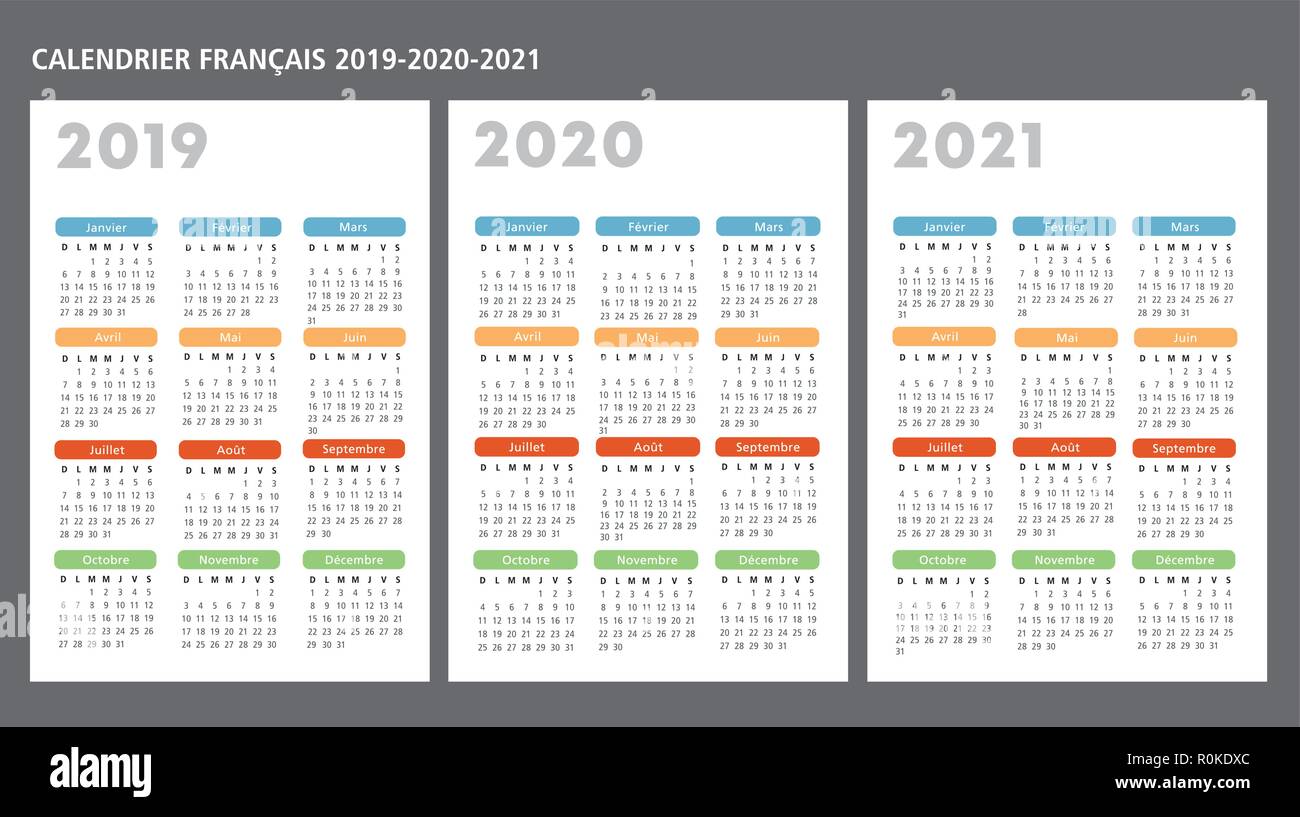
The main international incidents are covered, from the pre-revolutionary American War of Independence and 1787 crisis in the Netherlands, through the Pillntz Declaration and Brunswick Manifesto before the outbreak of war, to French military victories like Fleurus and an extended treatment of Napoleon Bonaparte’s expedition to Egypt. One comment, which I do not mean as a weakness, is necessary given this review is for H-Diplo: for readers interested in diplomatic or global history, while this work provides an excellent overview, it does not provide much that is new or provocative aside from the foregrounding of France’s colonies in the revolutionary story. The latter is a clear allusion to the Revolutionary Tribunal of the Terror, and, indeed, both points show the influence of historian François Furet’s revisionist and “polemic essays” about the catastrophe inherent in the Revolution, a view vehemently opposed by those who hew to more traditional accounts of the Revolution as progenitor of liberalism and human rights (p. the complete overthrow of monarchy” or that as early as July 1789 actors would be haunted by suggesting that “the Revolution justified actions that violated ordinary norms of justice” (pp. For instance, he claims that events in 17 “set in motion. Notwithstanding his attempt at balance, between historiographic camps, Popkin still makes comments every now and then that specialists know are controversial. The drama of the Revolution comes in the constant struggle between certain people trying to achieve their more extreme ends and others trying to steer a middle course between the opposing poles of counterrevolution and anarchy. The Revolution, as an event of colossal hopes and clashing interests, he contends, became something of a ping-pong game, back and forth, between various values and groups-liberty and order, landowners and urban workers, economic enterprise and regulation (or, in the beliefs of French political activist Gracchus Babeuf, something like “communist ideas” ). This is the crux of Popkin’s argument, although he does not characterize it as such. As Popkin writes of the Estates General’s challenge in 1789: “To satisfy so many contradictory expectations and calm so many conflicting fears would be a monumental challenge” (p. His message seems to echo French philosopher Alexis de Tocqueville, in part 3 of his 1856 classic, The Old Regime and the Revolution: in the midst of the crises and failed reform attempts of the 1780s, a fissure opened up-in French politics, society, and political philosophy-in which new and often contradictory ideas and ideals swarmed. Impersonal social or economic history this is not. Popkin’s Revolution is, first and foremost, a political one, driven by its dominant personalities. Although he does not browbeat his readers with the street fights of its recent and longstanding historiography, Popkin still delivers deep analysis. But readers should not mistake this book for an anodyne chronicle. On the contrary, he emphasizes the partisan, even Manichean nature of scholarship on the Revolution, which has often cast its actors as either “heroes” or “villains,” and his own inclination, running counter to this trend, to achieve a “balanced view” (p. He more than justifies his own question “why.”Ĭounterintuitively, Popkin never claims to advance an unambiguously novel interpretation of the Revolution, aside from the obvious and regular inclusion of women and enslaved people. In addition to these aims, Popkin delivers much more, an account of this famous event that is at once learned and gripping, for both an academic and other audiences. It also seems, right from the opening vignette and from my prior conversations with Popkin, that he intends for this book to be read by a popular American audience. He aims to include two groups neglected in most previous surveys of this sort, women and the enslaved peoples in France’s overseas colonies, especially Saint-Domingue-today’s Haiti. One of his generation’s leading scholars of the Revolution, Popkin offers an explicit and simple answer. So, “why a New History of the French Revolution?,” as Jeremy Popkin titles his preface (p. The French Revolution is perhaps the most over-studied event in Western history.

Kolla (Georgetown University)Ĭommissioned by Seth Offenbach (Bronx Community College, The City University of New York)

A New World Begins: The History of the French Revolution.


 0 kommentar(er)
0 kommentar(er)
